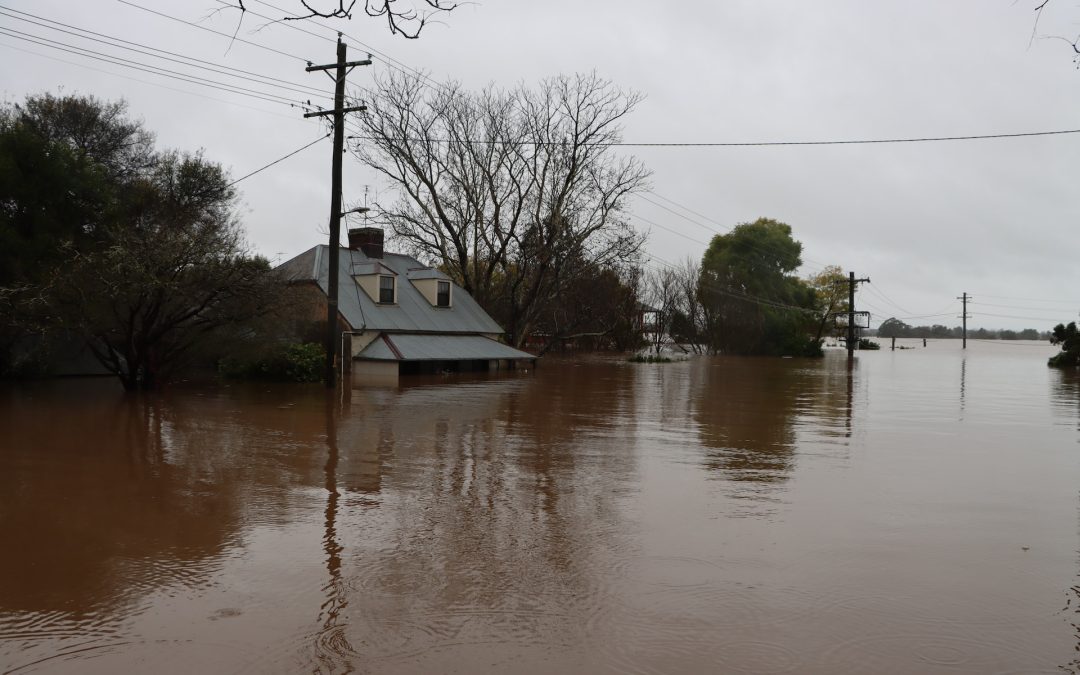
Floodplain Management for Modern Times, Part 2: Flood Insurance
How can you protect your home from floods? The Federal Emergency Management Agency (FEMA) administers a program called the National Flood Insurance Program (NFIP). The NFIP was established with the National Flood Insurance Act of 1968 (NFIA). The NFIP is delivered to...
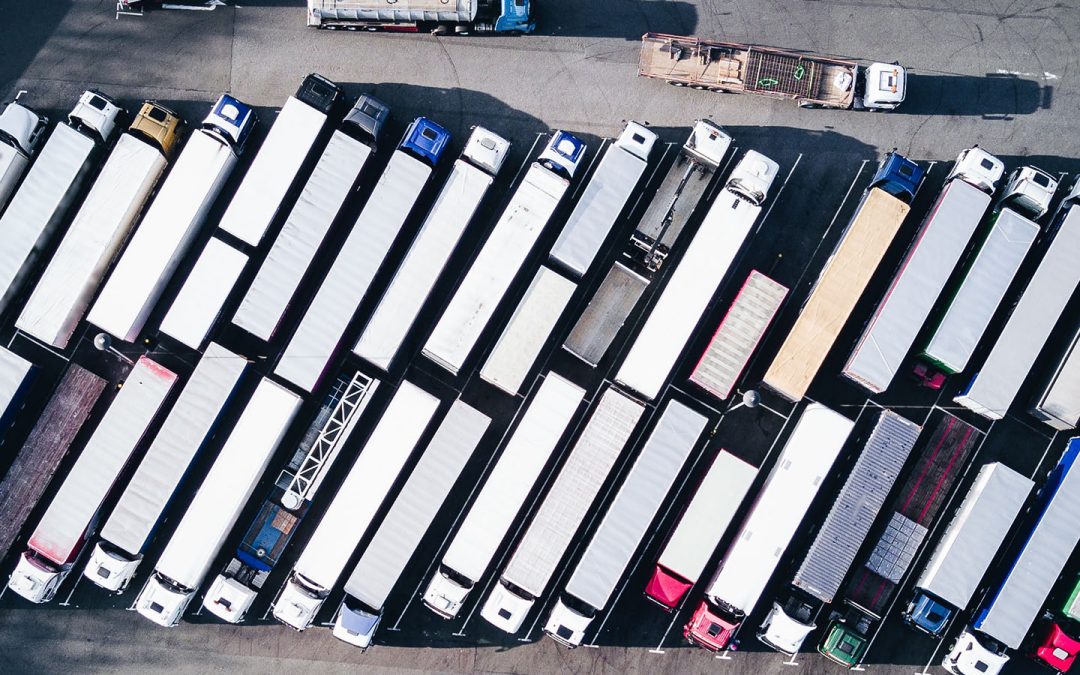
December 1 Reporting Deadline for NYS Advanced Clean Trucks Rule – Have You Filed?
In late 2021, the New York State Department of Environmental Conservation (DEC) issued the Advanced Clean Trucks (ACT) rule. Under this rule, manufacturers will be required to transition to the production of zero-emission medium- and heavy-duty vehicles. The ACT rule...
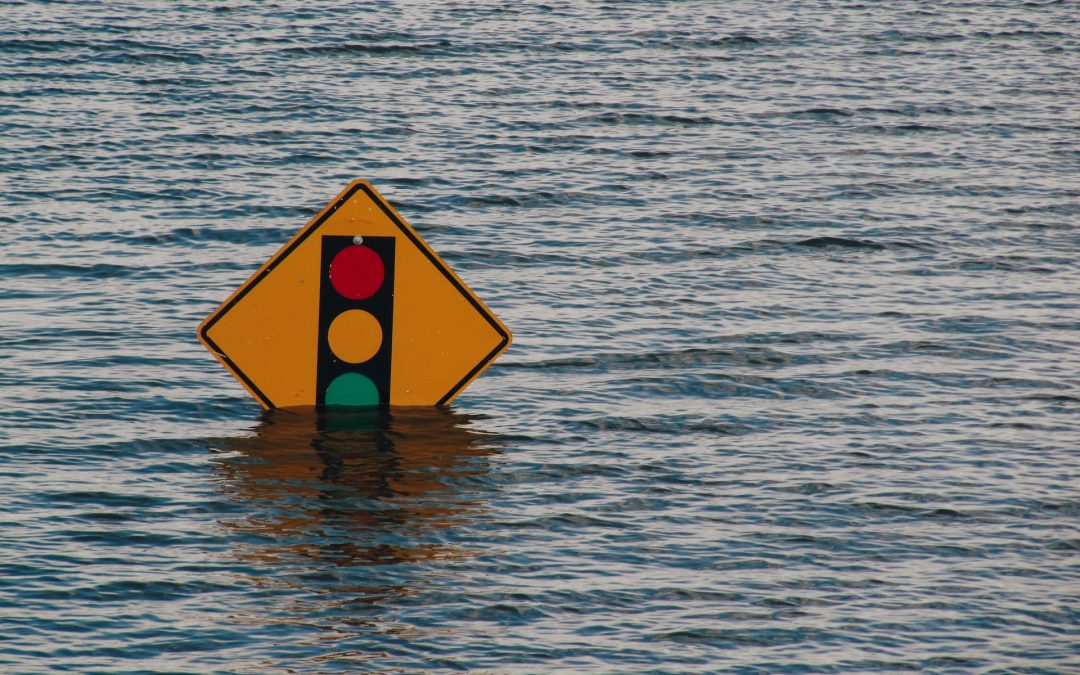
Floodplain Management for Modern Times, Part 1: An Introduction
Humans cannot survive without water, yet it can also be one of the most powerful and destructive forces on earth. Flooding is a danger to not only roadways, homes, and commercial buildings, but also to human life. Why do we live or build in areas that are known...
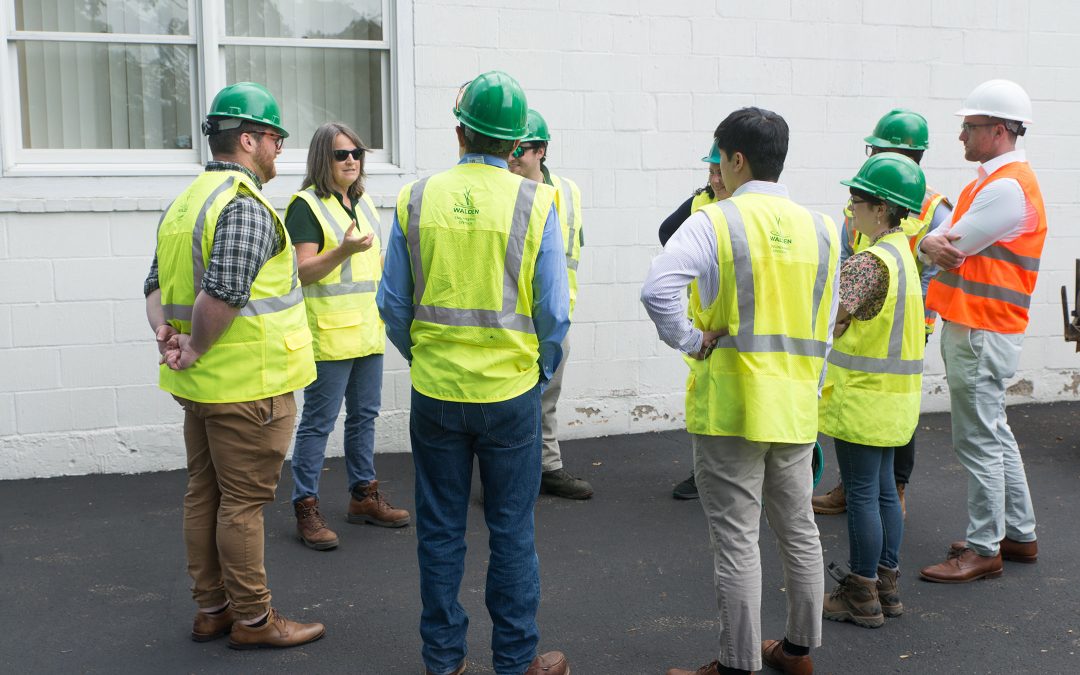
8 Keys to Effective Project Planning
Managing projects can be challenging for many reasons. Lack of clear communication with a client regarding priorities and expectations often causes a project to go off track, resulting in failure to meet the project objectives. Unclear direction to project staff can...
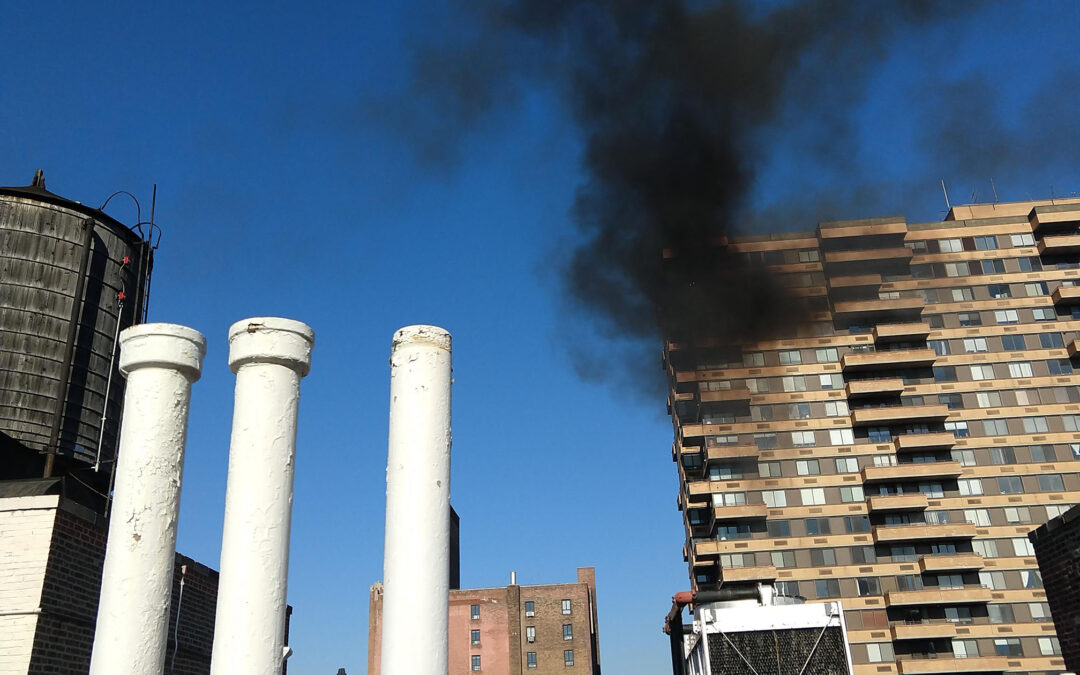
Walden Employees Complete “Smoke School”
On September 13, four of Walden’s employees attended “smoke school” to certify or recertify in the United States Environmental Protection Agency (USEPA) Method 9 Air Opacity of Visible Emissions. Those who attended and were recertified include Ethan Lo, Cari Covell,...
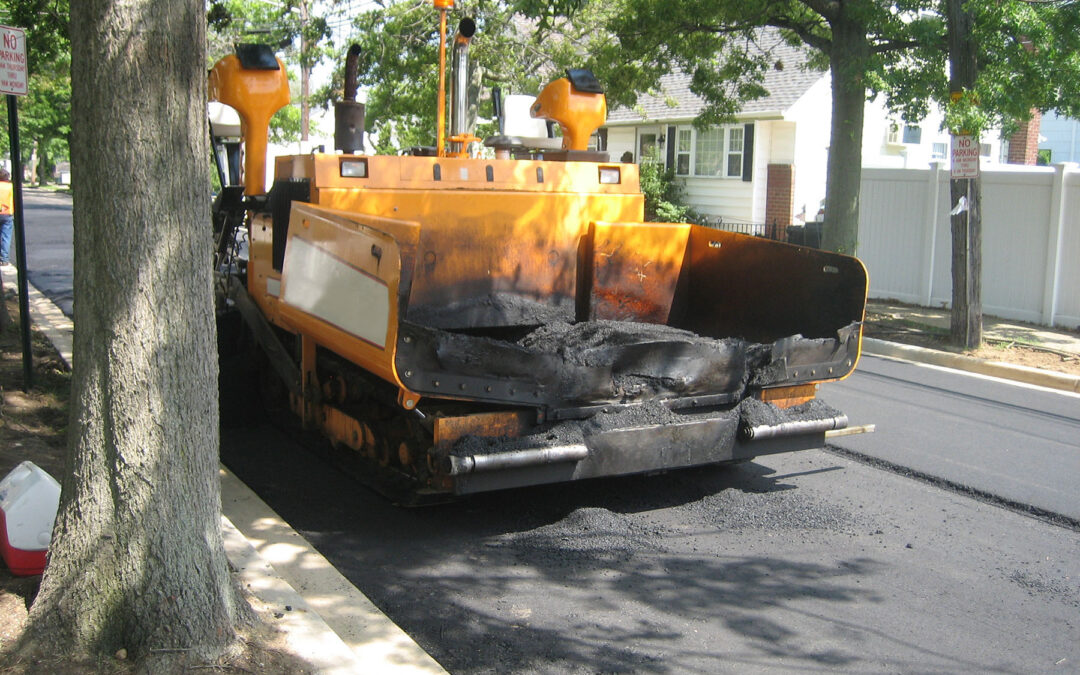
Diesel Not Recommended as a Solvent
People often ask if they can use diesel fuel (diesel) as a solvent or cleaner. The answer is unequivocally, no! Using diesel as a solvent to clean off asphalt and tar from trucks and equipment has long been a practice on construction job sites. It is even something...
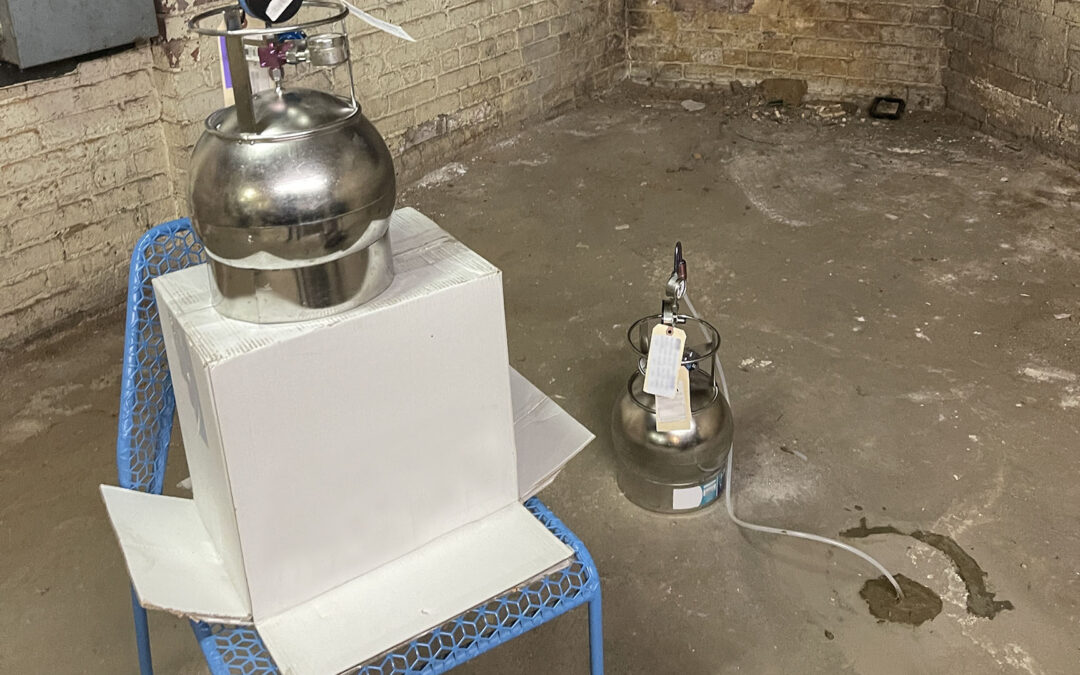
Soil Vapor Intrusion and Indoor Air Quality Concerns
Dangerous chemicals in the air don’t just come from wildfires and smoke. Soil vapor can have a significant impact on indoor air quality. When soil and/or groundwater are contaminated by volatile organic compounds, these contaminants are released into soil vapor which...
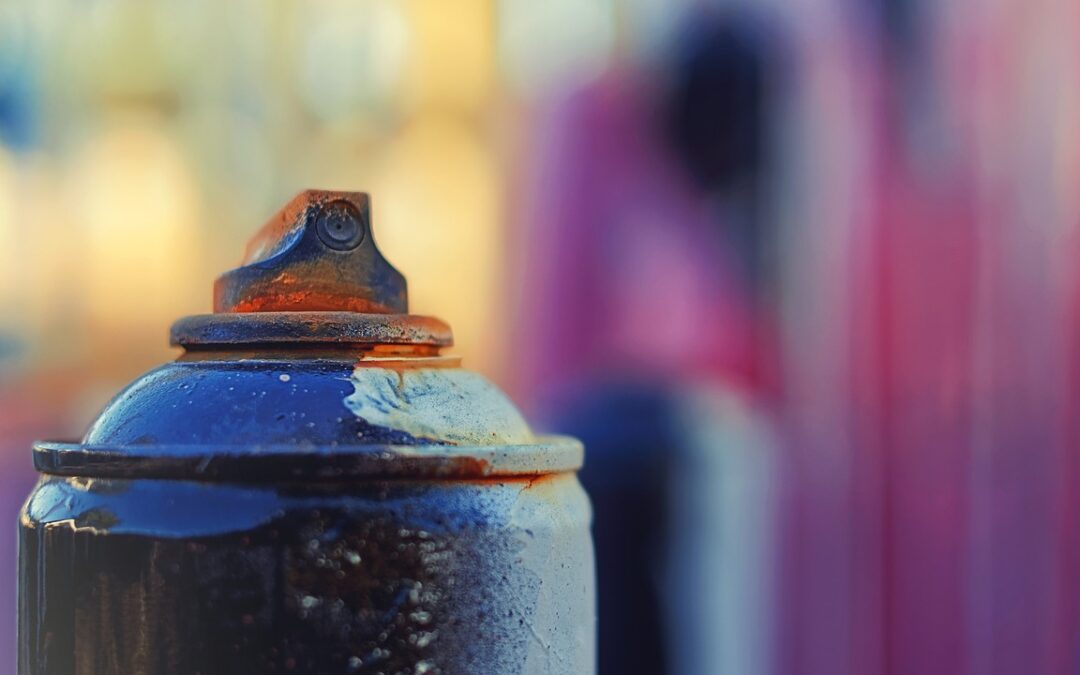
Universal Waste Rule: Know All the Changes on Aerosol Cans and Paint in NYS
On July 8, 2023, new rules affecting the handling and disposal of universal waste aerosol spray cans and waste paint changed in New York. The new rules are based on EPA 40 CFR part 273. Other states like California, Colorado, Minnesota, New Mexico, Ohio, and Utah have...
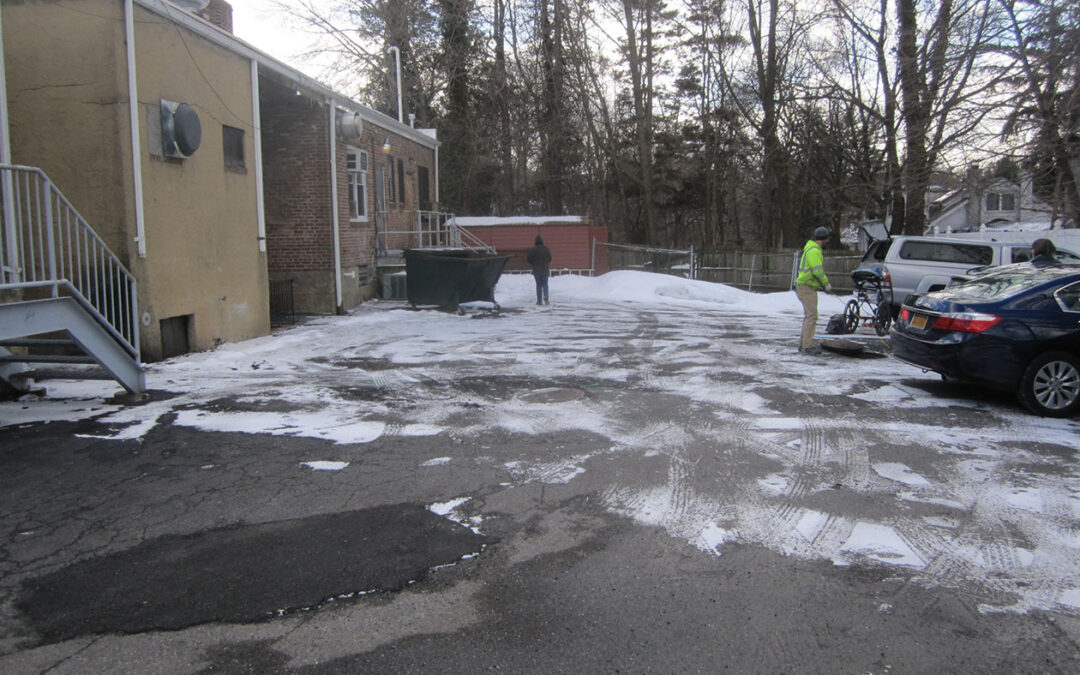
Public Comment Period for DER-41–Financial Assurance Is Open!
The New York State Department of Environmental Conservation, Division of Environmental Remediation (DER) is issuing a proposed policy, DER-41–Financial Assurance (FA). This proposed guidance will assist with the State Superfund (SSF) Program and the Brownfield Cleanup...
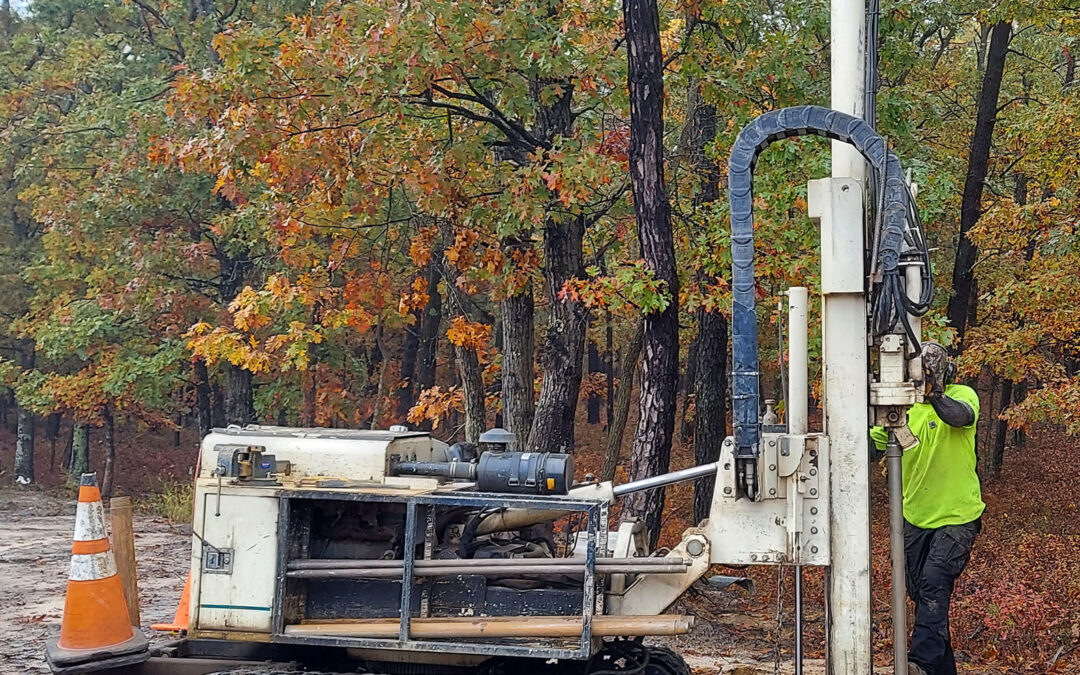
NYSDEC Now Requiring Groundwater Protection for Mulch and Compost Processing Facilities
The New York State Department of Environmental Conservation (NYSDEC) now requires registered and permitted mulch (greater than 10,000 cubic yards storage) and compost (greater than 3,000 cubic yards per year) processing facilities located in Nassau and Suffolk...
